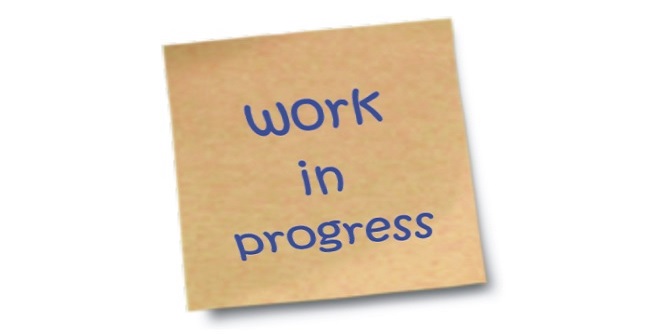If you have secured a job offer then chances are you will be feeling a combination of excitement and trepidation about starting your new role.
Firstly, congratulations on getting the job! Secondly, don’t panic and see our tips below on how to make a great start at work:
Start before you start
Remember to thank anyone in your network that might have helped you get the job. It’s important to maintain a relationship; they may also be a source of support at work or in the future.
To help eliminate first day nerves, touch base with HR or your manager in advance of your start date to check the basics – what time should you arrive? Where do you need to go? Do you need to bring any documents with you (eg. passport)? Is there a dress code?
You can also check with your manager if there’s anything you need to read up on. It may have been a while since your interview, so keep up to date with industry news and what’s happening in the organisation by reading news articles and following them on Twitter and LinkedIn.
Making a good first impression
If the company doesn’t have a dress code, be conservative and dress smartly on day one. You can always opt for something more casual on day two when you’ve seen what your co-workers are wearing.
Make sure you arrive early to work; even if you know how long it will take you to get there, allow an additional 15-30 minutes contingency time. We all know how unreliable public transport can be!
Every company is different so take note of etiquette around the use of headphones, mobile phones and eating in the office. Try to resist the urge to keep your phone on your desk, reply to personal messages or do any online shopping until you have a feel of the workplace culture.
Network, network, network
Make an effort to introduce yourself to as many new colleagues as possible – you never know when you might be working with them or need their support. Be friendly and enthusiastic. Ask your colleagues about what their role and take the opportunity to socialise with colleagues where possible to develop these relationships.
If you find it hard to remember names, ask your manager if there is an office plan or organogram that you can keep by your desk.
Socialising doesn’t have to just be in the evening. Invite colleagues for meeting walks, or grab coffee or lunch. If you do drink, be cautious at evening events while you are still establishing yourself in the team.
Say ‘Yes’
Be proactive and volunteer to get involved in new projects (don’t just wait to be asked!). This will develop your skills and experience, and also give you the opportunity to get to know colleagues across the organisation. Don’t wait to be asked to do work; anticipate what is needed and get it done!
Approach everything with a ‘can do’ attitude and avoid making negative remarks about work or engaging in office gossip (it can come back to haunt you!).
Be organised
Being organised will make you seem conscientious and competent. Make project plans, to-do lists and have an organised email inbox with files so you can find the information you need quickly and easily.
Take comprehensive notes during meetings; your first few weeks can be an information overload so it’s important to have notes that you can go back to later. Make sure you ask questions if you’re unsure about anything, this will avoid mistakes later on.
Make sure you keep your manager and colleagues updated with your progress on projects. When writing emails or reports, ensure you write concisely and proof read before sending.
Be realistic about deadlines
When taking on work be realistic about how much you can do in the given time. You don’t want to over-promise and under-deliver. Give yourself a bit of extra time if you are not sure about how long the work is likely to take. Let colleagues know when they can expect a piece of work from you and then ensure you deliver by that deadline or, preferably, earlier.
Be a thoughtful colleague
Demonstrate that you are thoughtful and motivated by sharing any useful articles or content amongst your team.
Always remember to thank people that have helped you with your work. Do not undermine or challenge colleagues in public. If you need to have difficult conversations do so as soon as possible and in private.
In part two, we discuss how to build your internal network, finding a mentor, asking for feedback and future proofing your skills.
Good luck in your new job and don’t forget you can use LSE Careers for up to five years after completing your course.






1 Comments